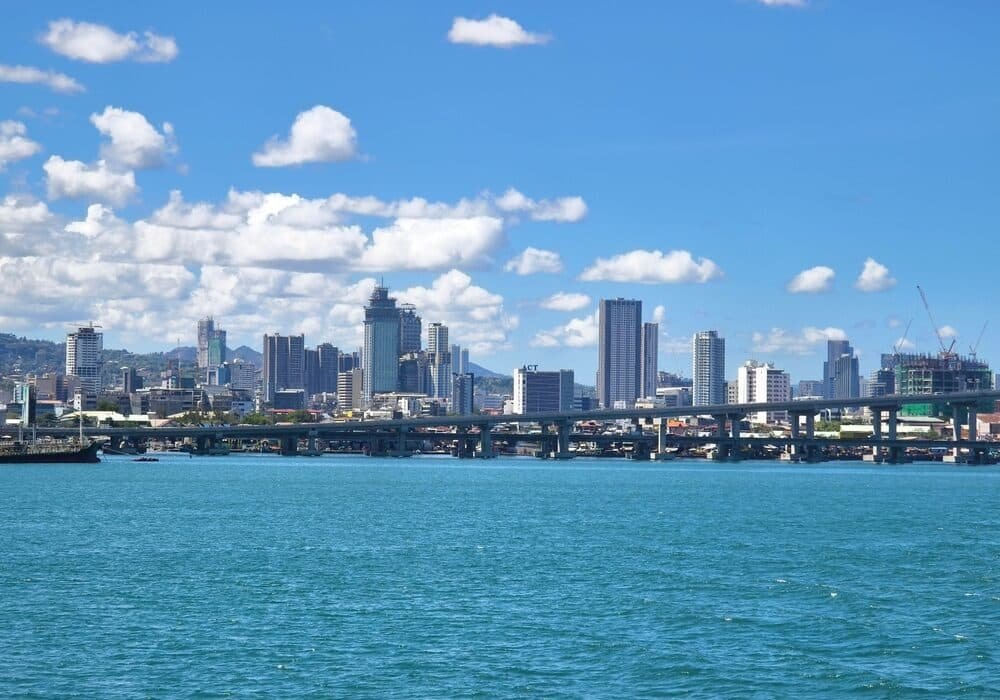Cebu’s tourism and business groups are urging a major energy overhaul as power demand surges with the province’s rapid growth. They stressed that reliable, modern infrastructure is key to attracting investors, supporting industries, and securing Cebu’s place as a top economic hub in the region.
In a focus group discussion (FGD) led by energy advocacy group ILAW, Cebu business owners highlighted the urgent need for reliable and modern power systems to support long-term development. The forum revealed growing concern over whether current infrastructure can keep up with rising energy demands, especially from the booming tourism and IT-BPM sectors.
The analysis cautioned that neglecting these energy concerns could “hinder Cebu’s ability to attract investments and sustain its economic momentum.”
Power demand in the Visayas is climbing fast, with a 16% jump expected this year and forecasts showing a threefold surge by 2050. As Cebu drives Central Visayas’ rapid economic rise—leading the nation with 7.3% growth in 2023—access to steady, reliable energy is becoming more critical than ever.
(Also read: MORE Power Acknowledges Key Transmission Upgrade from NGCP)
Boosting Cebu’s tourism
With tourists visiting Cebu throughout the year, any power interruptions could hurt the visitor experience and damage the province’s image as a top destination.
Participants stressed that stable electricity is vital to keeping Cebu’s tourism sector thriving. The report stated, “Any instability risks damaging Cebu’s reputation as a premier destination for both local and international travelers.”
Cebu businesses may face fewer losses from power issues than other tourist spots, but a modest satisfaction score of 6.75 for electric cooperative (EC) services signals the need for improved consistency and performance to help cut operating costs.
ILAW previously held FGDs with business owners in Cebu, Siargao, Puerto Galera, and the Island Garden City of Samal to assess power-related challenges in top tourist destinations. The findings revealed widespread dissatisfaction with local electric cooperatives, with many businesses citing financial losses and even forced closures due to unreliable service.
ILAW highlighted differences in power infrastructure and reliability across regions and aims to use the data to guide policymakers in strengthening energy support for tourism-driven economies.
In Cebu, power outages come at a steep price. Large businesses, with monthly electric bills averaging P1.17 million, lose around P216,000 daily when the lights go out. For MSMEs, which pay about P160,000 a month, daily losses still reach an average of P82,000 during disruptions.
Agnes C. Garcia, national convenor of ILAW, said that as Cebu becomes more urbanized and tech-driven, energy demand is expected to rise significantly in the coming years. “They are going to need more energy, as the current energy that is being set aside for them is just not going to be enough,” she explained.
ILAW explained that power outages greatly damage the image of these locations, with poor feedback and booking cancellations often resulting from electricity problems. “This reputational damage has led to declining competitiveness compared to other Southeast Asian destinations where power infrastructure is more reliable,” it highlighted.
(Also read: Power Shortages in Visayas Tied to Transmission Issues)
Stricter monitoring for electric cooperatives
According to ILAW, the Department of Energy (DOE) and the Energy Regulatory Commission (ERC) must enforce tougher accountability standards for electric cooperatives serving these key tourism areas.
ILAW Youth Convenor Francine Pradez asserted, “There is also a need for penalties for service failures and the implementation of mandatory compensation policies to protect affected businesses.
Garcia warned that ongoing electricity disruptions threaten business survival, employment stability, and the future expansion of the tourism sector. “If this persists, businesses will have no choice but to shut down, leaving many without jobs,” she said.
The group recommended investing in renewable energy, microgrids, and energy storage to ensure reliable power for tourism areas. It also recommended a strong collaboration between the Department of Tourism (DoT), DoE, and the Energy Regulatory Commission (ERC) to better address the sector’s energy needs.
Sources:


